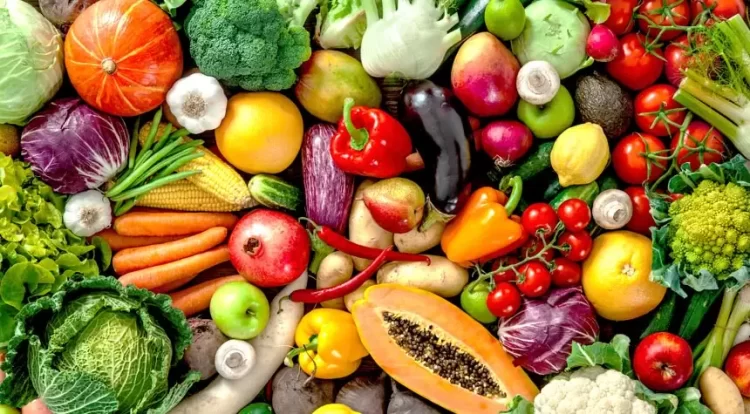Raw food diets, including raw veganism, are a relatively new phenomenon. The idea is that the less processed food there is, the better. Not all foods, however, are more nutritious when eaten raw. Some vegetables, in fact, become more nutritious when cooked. Here are nine examples.
Mushrooms:
Mushrooms have a high concentration of the antioxidant ergothioneine, which is released during cooking. Antioxidants aid in the breakdown of “free radicals,” which are chemicals that can damage our cells, causing illness and aging.
Spinach:
Iron, magnesium, calcium, and zinc are all found in spinach. These nutrients, however, are more easily absorbed when the spinach is cooked. This is because spinach contains oxalic acid, a compound found in many plants that inhibits iron and calcium absorption. When spinach is heated, the bound calcium is released, making it easier for the body to absorb.
According to research, steaming spinach preserves its folate (B9) levels, which may lower the risk of certain cancers.
Tomatoes:
Cooking, in any method, increases the antioxidant lycopene in tomatoes significantly. Lycopene has been linked to a lower risk of a variety of chronic diseases such as heart disease and cancer. The increased lycopene content is due to the heat that aids in the breakdown of the thick cell walls, which contain several important nutrients.
Although cooking tomatoes reduces their vitamin C content by 29%, it increases their lycopene content by more than 50% within 30 minutes.
Carrots:
Cooked carrots have more beta-carotene than raw carrots. Beta-carotene is a carotenoid that the body converts into vitamin A. This fat-soluble vitamin aids bone development, vision, and the immune system.
Cooking carrots with their skins on increases their antioxidant power by more than doubling. Cooking carrots whole before slicing prevents nutrients from escaping into the cooking water. It has been discovered that frying carrots reduces the amount of carotenoid.
Bell peppers:
Bell peppers are high in immune-boosting antioxidants, particularly the carotenoids beta-carotene, beta-cryptoxanthin, and lutein. Heat degrades cell walls, making it easier for your body to absorb carotenoids. When peppers are boiled or steamed, they lose vitamin C, just like tomatoes because the vitamin can leach out into the water. Try roasting them instead.
Brassica:
Brassica vegetables, such as broccoli, cauliflower, and Brussels sprouts, are rich in glucosinolates (sulfur-containing phytochemicals) that the body can convert into a variety of cancer-fighting compounds. Myrosinase, an enzyme found in these vegetables, must be active for these glucosinolates to be converted into cancer-fighting compounds.
According to research, steaming these vegetables preserves both the vitamin C and myrosinase, and thus the cancer-fighting compounds they contain. This myrosinase is activated by chopping broccoli and allowing it to sit for at least 40 minutes before cooking.
Similarly, sprouts produce indole when cooked, a compound that may reduce the risk of cancer. Cooking sprouts also causes the glucosinolates to degrade into compounds with cancer-fighting properties.
Green Beans:
Green beans have more antioxidants when baked, microwaved, griddled, or even fried than when boiled or pressure cooked.
Higher temperatures, longer cooking times, and larger amounts of water cause more nutrients to be lost in all vegetables. When it comes to cooking, water-soluble vitamins (C and many B vitamins) are the most unstable nutrients because they leach out of vegetables into the cooking water. So avoid soaking them in water, use as little water as possible when cooking, and opt for other cooking methods such as steaming or roasting. Also, if you have leftover cooking water, use it in soups or gravies because it contains all of the leached nutrients.







 Finance
Finance







